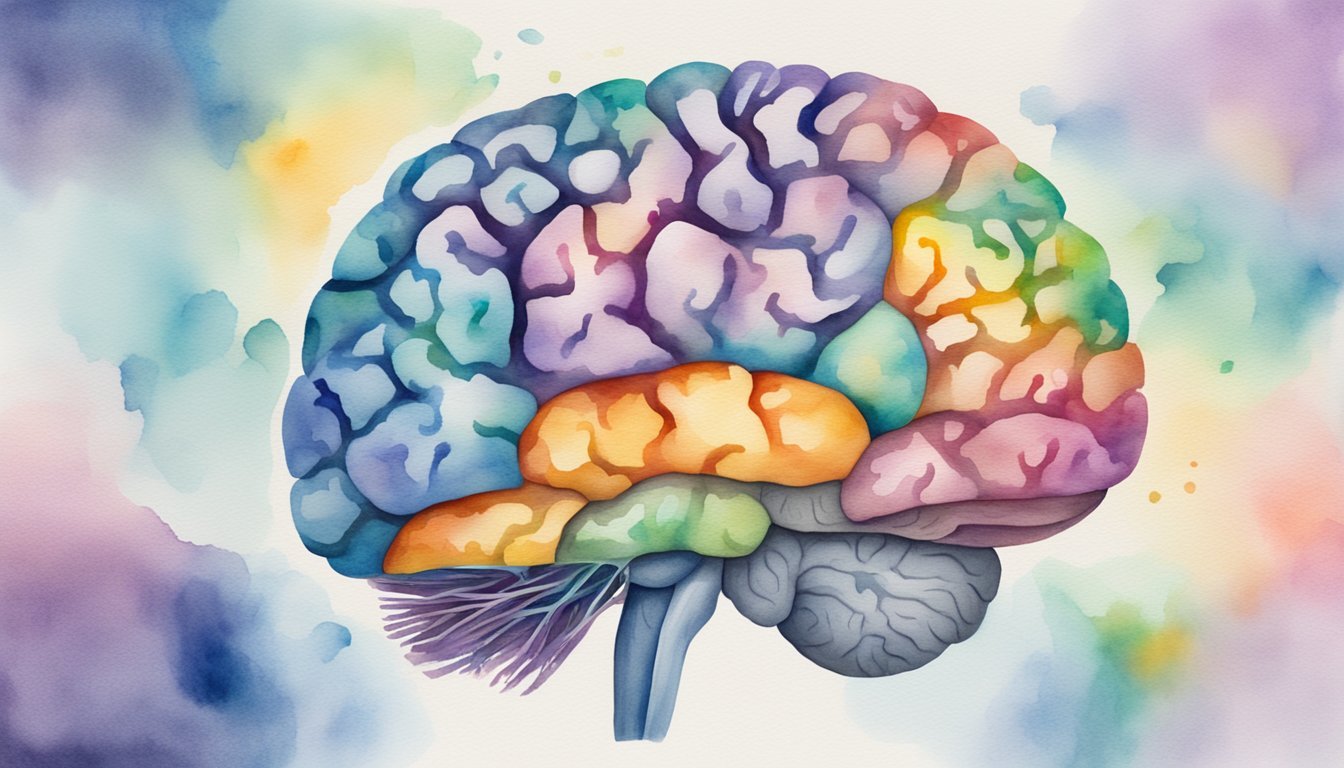Acetylcholine and Alzheimer’s Disease
Acetylcholine plays a critical role in cognitive function, and its deficiency is a hallmark of Alzheimer’s disease. This section will delve into the intricate relationship between acetylcholine and Alzheimer’s, exploring the science behind the disease and ongoing research efforts.
Role of Acetylcholine in the Brain
Acetylcholine is a vital neurotransmitter in the brain, involved in many functions including memory, learning, and attention. It is produced by cholinergic neurons in the basal forebrain, a region closely linked to memory and cognitive functions. These neurons use an enzyme called choline acetyltransferase to synthesize acetylcholine from choline, a nutrient found in foods.
Impact of Acetylcholine Deficiency
A deficiency in acetylcholine often leads to cognitive decline and memory impairment, both typical symptoms of Alzheimer’s disease. This neurotransmitter deficiency is thought to result from the degeneration of cholinergic neurons and a decrease in the activity of choline acetyltransferase.
Genetic and Molecular Factors
Genes that regulate acetylcholine production, such as those coding for choline acetyltransferase and acetylcholinesterase, the enzyme that breaks down acetylcholine, contribute to Alzheimer’s. Molecular pathways involving other neurotransmitters, like glutamate and dopamine, are also implicated in the disease, as well as the accumulation of beta-amyloid plaques and tau-protein neurofibrillary tangles.
Alzheimer’s Disease Progression
In Alzheimer’s disease, the progressive loss of cholinergic neurons and the associated decline in acetylcholine levels correlate with the severity of memory loss and cognitive impairment. Age-related changes in the brain, including atrophy and the disruption of neurogenesis and synaptic plasticity, further contribute to the pathology.
Current Treatments and Research
Current Alzheimer’s treatments focusing on acetylcholine regulation primarily involve cholinesterase inhibitors like donepezil, rivastigmine, and galantamine. These drugs help manage symptoms by preventing the breakdown of acetylcholine. There are also ongoing clinical trials for new medications and natural products like huperzine A, which aim to improve cognitive function in Alzheimer’s patients.
Understanding Cholinergic Systems

The cholinergic system plays a vital role in the central nervous system, influencing a range of functions from learning and memory to arousal and attention. It’s the dance of chemistry and electricity that keeps the brain buzzing with activity.
Basal Forebrain Cholinergic Neurons
The basal forebrain is home to cholinergic neurons that project their influence far and wide across the brain. They are essential for the modulation of behaviors such as learning, memory, and arousal. When these neurons falter, as seen in conditions like Alzheimer’s disease, the effects on memory and cognition can be profound.
Acetylcholine Receptor Types
There are two main types of acetylcholine receptors: nicotinic receptors and muscarinic receptors. The former, much like a nicotine addiction, grabs hold fast and impacts attention and arousal, while the latter takes its time to work the magic on learning and memory.
Enzymes and Acetylcholine Metabolism
Acetylcholine doesn’t linger long, as enzymes like choline acetyltransferase help create it and acetylcholinesterase is quick to break it down. This balance between production and breakdown is critical for the proper functioning of the cholinergic system.
Cholinergic Influence on Behaviors
Cholinergic neurons aren’t just about dry science – they are the life of the party when it comes to behaviors. They shape how we deal with stress or plunge into the depths of studying. Without them, working memory wouldn’t be so ‘working’, and motivation might just decide to take the day off.
Addressing Symptoms and Support

With a focus on enhancing cognitive function and slowing disease progression, managing symptoms and providing support for Alzheimer’s involves a multifaceted approach. These strategies range from medications to dietary considerations, each tackling issues like memory loss and difficulties with time and place recognition.
Medication Effects and Side Effects
Medications like Aricept, Razadyne, and Exelon target the cholinergic system and can be beneficial in treating Alzheimer’s disease. They work to prevent the breakdown of acetylcholine, a neurotransmitter important for memory and thought. While these drugs don’t reverse the condition, they may improve focus and cognitive function for some patients. However, side effects such as nausea, vomiting, diarrhea, and vision changes can be significant, and it’s important for caregivers and patients to manage these appropriately.
- Common side effects:
- Nausea
- Vomiting
- Diarrhea
- Vision difficulties
- Fever (less common)
Lifestyle and Dietary Considerations
Incorporating natural products and dietary supplements such as choline, which is found in cod and other foods, could support brain health. Choline acts as a building block for acetylcholine, making it crucial for healthy brain function, particularly as one ages. Adopting a diet rich in such nutrients might aid in managing dementia symptoms, though it’s no replacement for medical treatments.
- Beneficial dietary additions:
- Cod
- Other natural choline sources
Alzheimer’s Care and Management
Effective care for individuals with senile dementia, including Alzheimer’s, goes beyond medical treatments to address daily challenges. Supportive environments that reduce confusion and aid in orientation to time and place are essential, especially for those with moderate to severe Alzheimer’s. Care strategies can include structured routines and memory aids to assist in the management of dementia-related symptoms, enhancing the quality of life for both patients and their loved caregivers.

